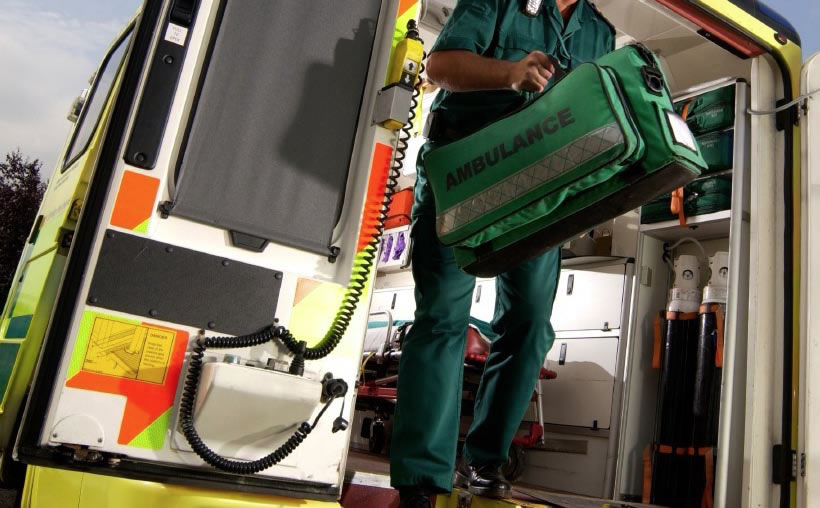If it all goes wrong
What to do if it all goes wrong
Talk to your child about how to react if someone they are with loses consciousness after drinking. Teenagers and inexperienced drinkers are particularly vulnerable from alcohol poisoning.
If it all goes wrong, it’s essential to get help:
- Get an ambulance but don’t leave them… ask someone reliable to call the ambulance.
- Keep them on their side with their head turned to the side (the recovery position).
- Make sure they’re breathing and their mouth and airways are clear.
- If they stop breathing, start mouth to mouth resuscitation.
- Loosen any tight clothing that might restrict their breathing.
- Keep them warm (but not too hot) – with blankets or a coat.
If someone vomits you should:
- Try to keep them sitting up or, if they must lie down, make sure they’re in the recovery position and that their mouth and airway are clear.
- If they begin to choke, get help immediately.
- Stay with them even if they can’t bear the sight or smell of someone vomiting. Alcohol poisoning is extremely dangerous. It can lead to a coma and in extreme cases, death.
The amount of alcohol it takes to cause alcohol poisoning depends on many factors, including size, weight, age and so on. Teenagers and inexperienced drinkers are particularly vulnerable.

The signs of alcohol poisoning
Someone may have alcohol poisoning if:
- They are breathing less than twelve times a minute or stop breathing for periods of ten seconds or more.
- They’re asleep and you can’t wake them up.
- Their skin is cold, clammy, pale and bluish in colour.
- If you suspect someone has alcohol poisoning, treat it as a medical emergency – call an ambulance and stay with the person until help

How to recognise if your child is secretly drinking
Look out for:
- Abrupt mood swings for no apparent or good reason
- Skipping classes, or just not going in to school
- Frequent lateness
- Money disappearing from your purse/ wallet
- Disappearing to their room the moment they come in for the day
- Significant change in school performance
- Restlessness or tiredness
- Smelling of alcohol
- Suddenly using breath mints or brushing teeth regularly
- Wanting to stay over in friends’ houses, especially after parties
- Becoming very secretive (more so than usual).
If you want to know more…
If you want to know more about alcohol issues, or are worried about your own or your child’s drinking, then there are people who can help. You could also talk to your doctor who can refer you, or the following sites could help:
ADFAM
Provides information and advice for families of alcohol and drug users. The website has a list of local family support services.
Tel: 0207 553 7640 www.adfam.org.uk
Parentline Plus
Offers support and information for anyone parenting a child, and runs parenting courses.
Tel: 0808 800 2222 www.parentlineplus.org.uk
Drinkline
If you’re worried about your own or someone else’s drinking, you can call this free helpline in complete confidence. They can put you in touch with your local alcohol advice centre for help and advice.
Tel: 0800 917 8282 (24 hour helpline)
If you have any questions regarding information on this site, please do contact kate@alcoholeducationtrust.org